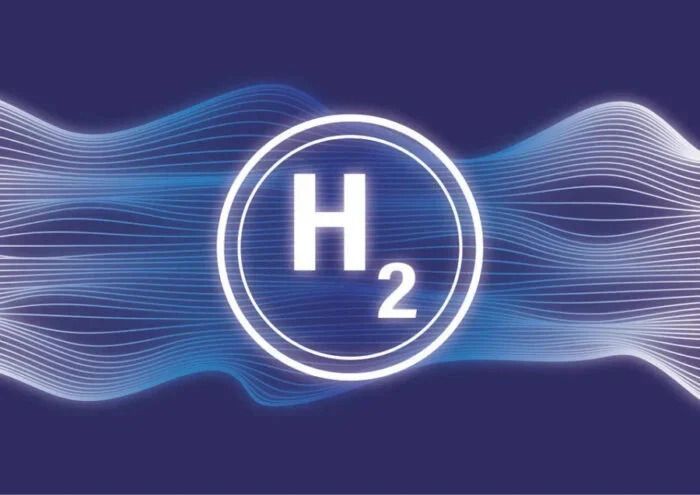Trump Administration’s First 100 Days: Implications for Energy Policy
Key Takeaways The Trump administration has demonstrated greater organization and momentum in its second term, enabling rapid implementation of energy policies through executive orders. According to a former advisor, Trump’s […]
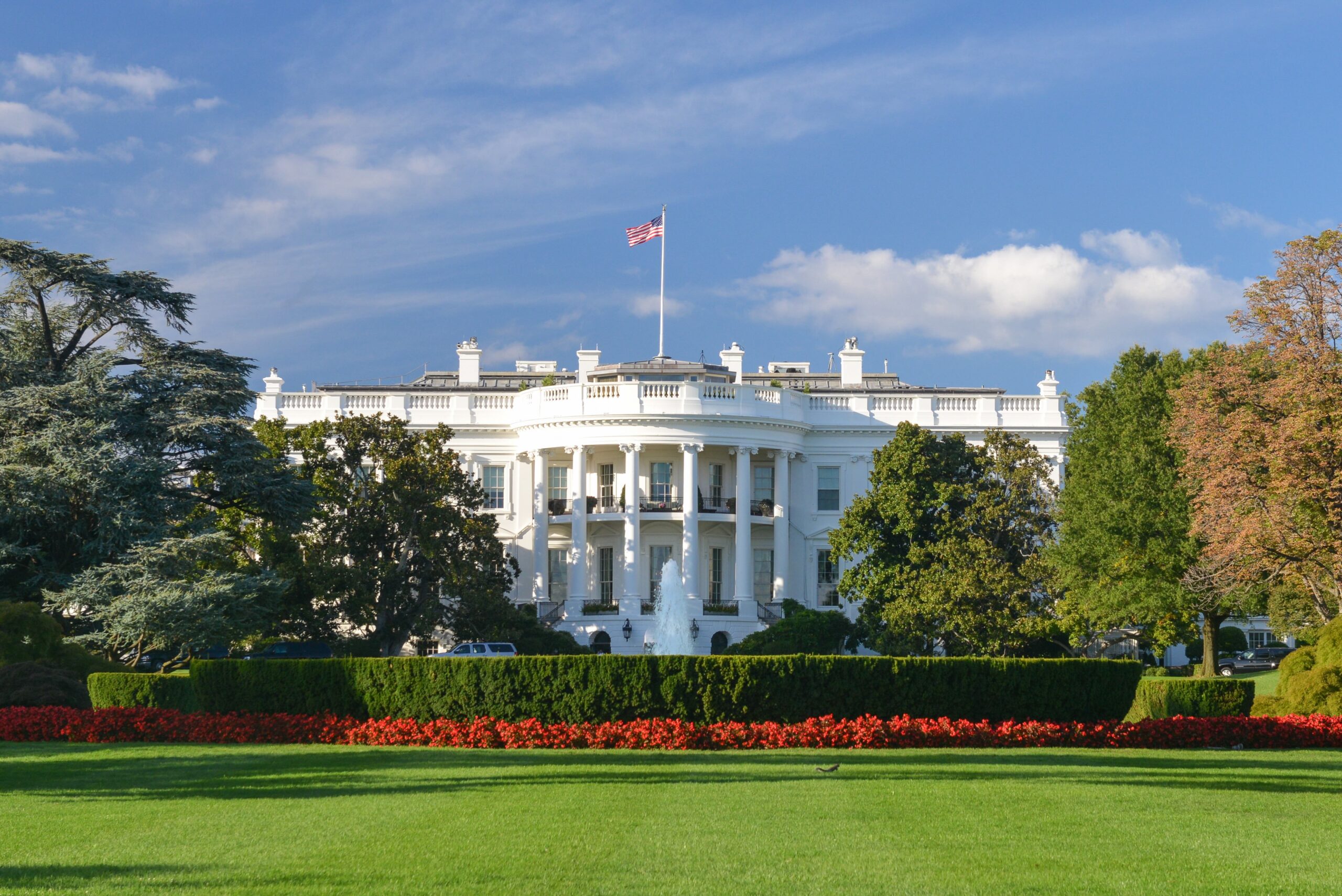
Key Takeaways
- The Trump administration has demonstrated greater organization and momentum in its second term, enabling rapid implementation of energy policies through executive orders.
- According to a former advisor, Trump’s approach appears to support an “all-of-the-above” energy strategy that could accommodate clean power development if market-driven.
- The reconciliation process for tax policy changes is anticipated around August-September, creating a critical timeline for clean energy stakeholders.
ACP recently hosted a PowerTalk examining the first 100 days of the Trump administration’s second term, featuring insights from political and media experts on what this new chapter means for American energy policy and the clean power sector. The analysis revealed important implications for renewable energy development, energy market dynamics, and industry investment strategies moving forward.
Speaking to the relevance of these conversations for the clean energy industry, ACP’s CEO Jason Grumet stated: “As builders, we care very much about the executive actions that enable this country to ‘build baby build’ as fast as possible. And as manufacturers, our industry has brought nearly 200 new manufacturing facilities online in the last few years—so we care very deeply about tariffs and trade policy.”
Joining Jason Grumet for the first half of the discussion was Marc Lotter, co-host of Newsmax’s Wake Up America and former Special Assistant to President Trump, followed by a conversation between Grumet and Julia Manchester, political reporter for The Hill and News Nation, and Hans Nichols, political reporter for Axios and a former NBC News political reporter.
Trump’s Second Term: Better Organization and Policy Implementation
A distinct difference between Trump’s first and second terms has emerged in these early days. Marc Lotter observed: “The thing that is most striking to me is how much more prepared they were for Trump 2.0 than we were on Trump 1.0.” This preparation has enabled rapid implementation of policies through executive orders and nominations that have “just sailed through.” The administration has used their political capital to create momentum across multiple policy fronts simultaneously.
This enhanced organizational capacity directly influences how the administration is approaching energy policy decisions that impact clean power development and renewable energy markets.
All-of-the-Above Energy Strategy: Implications for Clean Power
Despite concerns about potential conflicts between the administration’s rhetoric and some executive actions, Lotter suggested that Trump fundamentally supports diverse energy sources: “I truly believe he thinks that if you can do it cleaner, cheaper, better and bring it to the market, do it. We need more power.”
Julia Manchester, political reporter for The Hill, characterized the administration as “organized chaos,” noting that while the pace is frenetic there appears to be “competent leadership, whether you agree with them politically or not.” This organization may prove crucial to the administration’s effectiveness as the administration navigates complex energy policy challenges.
Tax Reconciliation Timeline: Critical Dates for Energy Stakeholders
For the clean energy industry, the reconciliation process and potential tax policy changes represent crucial developments to monitor. Hans Nichols, political reporter for Axios, offered a clear timeline prediction: “They want to use the threat of a debt shutdown… That puts you in an August, September timeframe.” This timeline creates both urgency and opportunity for energy stakeholders to engage with policymakers.
The tight margins in the House—where Speaker Johnson can only afford to lose three votes—create additional complexity. As Nichols noted, “Members of Congress have now learned that they all can be Joe Manchin and they can all hold the bill hostage for one or two things that they want.”
As the Trump administration continues to implement its agenda, the clean energy industry will need to navigate a complex policy landscape while advocating for consistent, market-driven approaches that support American energy leadership across all technologies. The coming months will be critical as reconciliation legislation takes shape and longer-term energy policies emerge.
The American Clean Power Association and its members are working hard to influence favorable outcomes for the clean power sector so the industry can continue contributing to grid reliability, energy security, and economic development across the country.
What's Your Reaction?









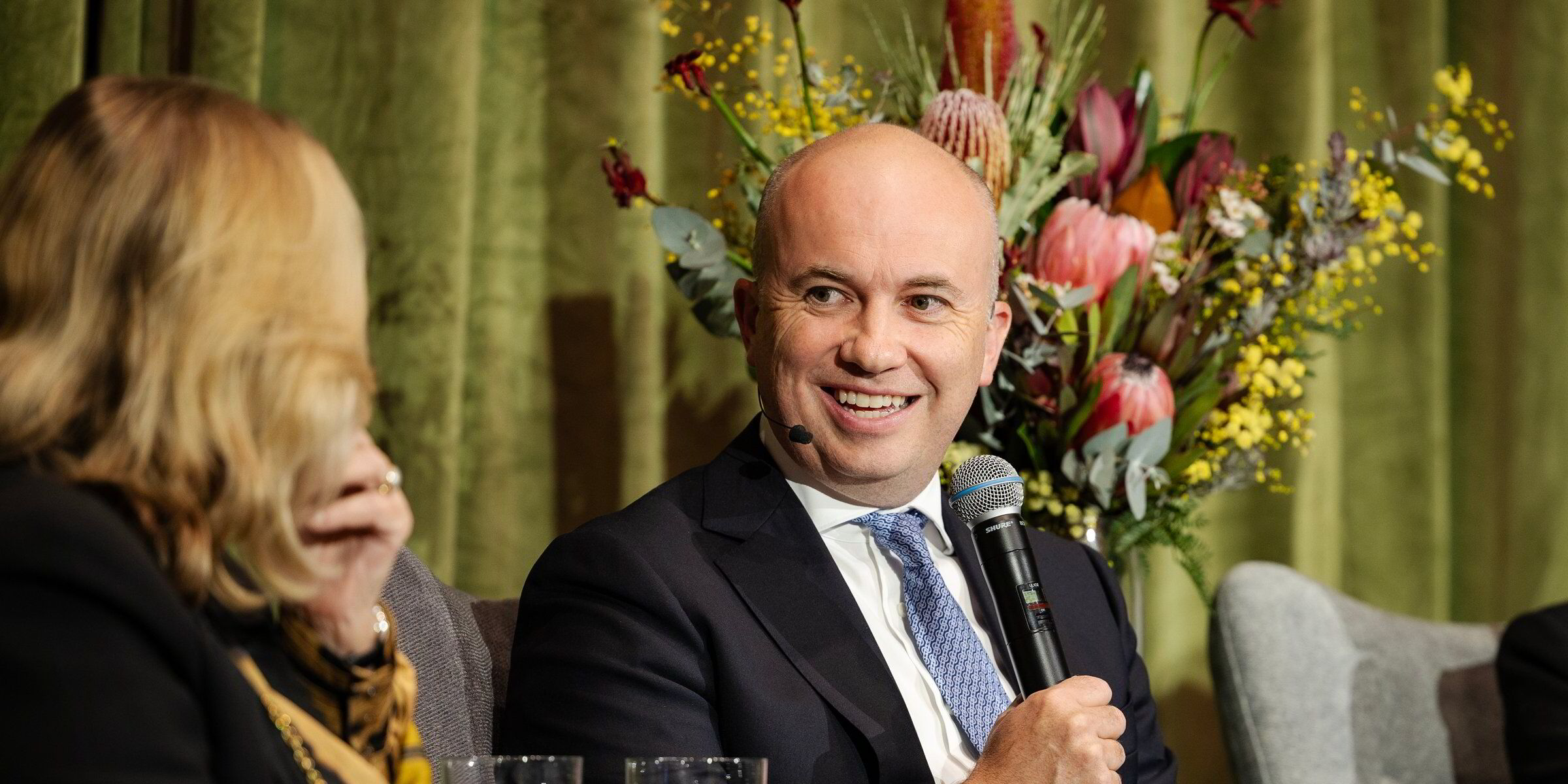
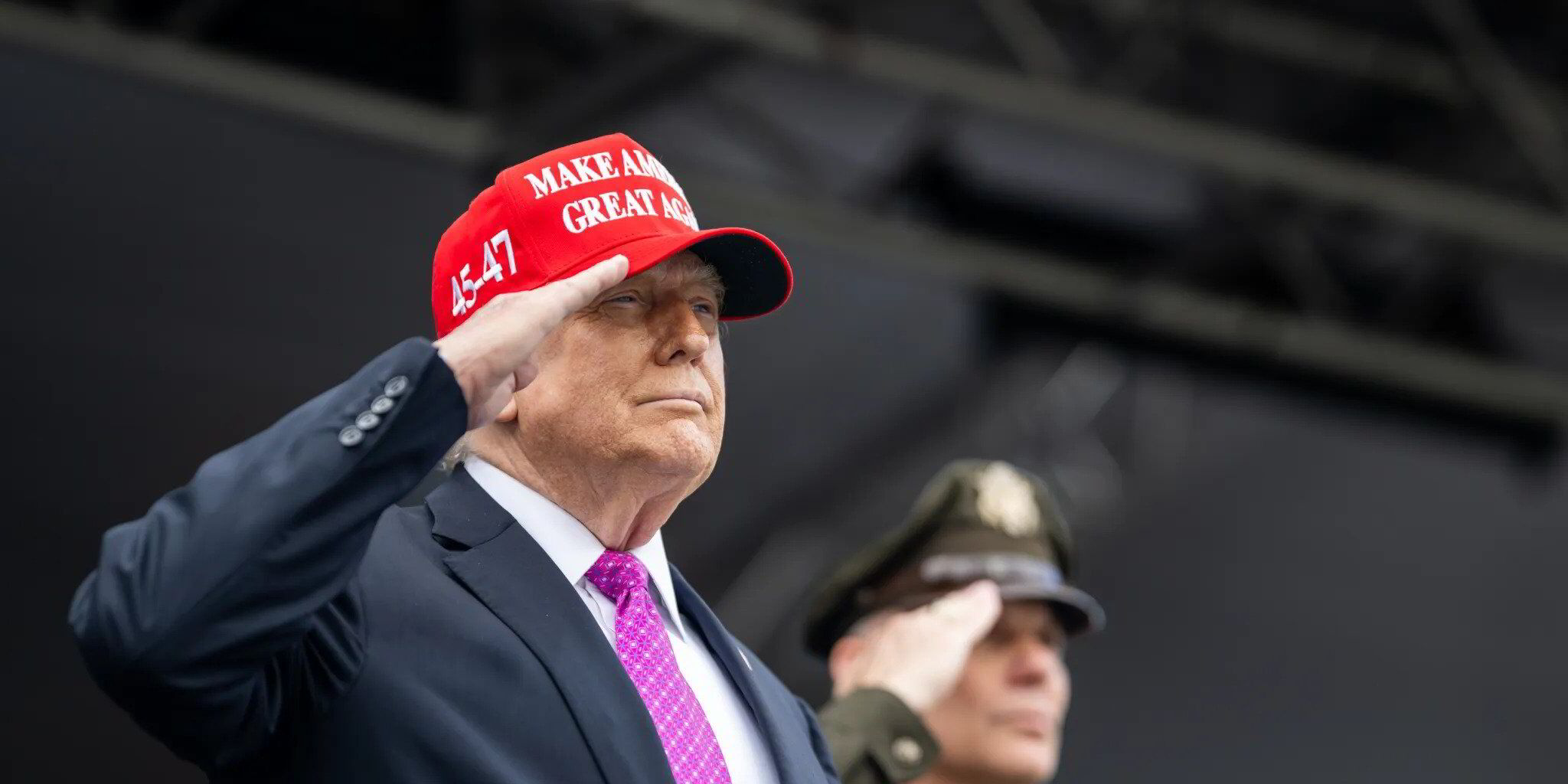
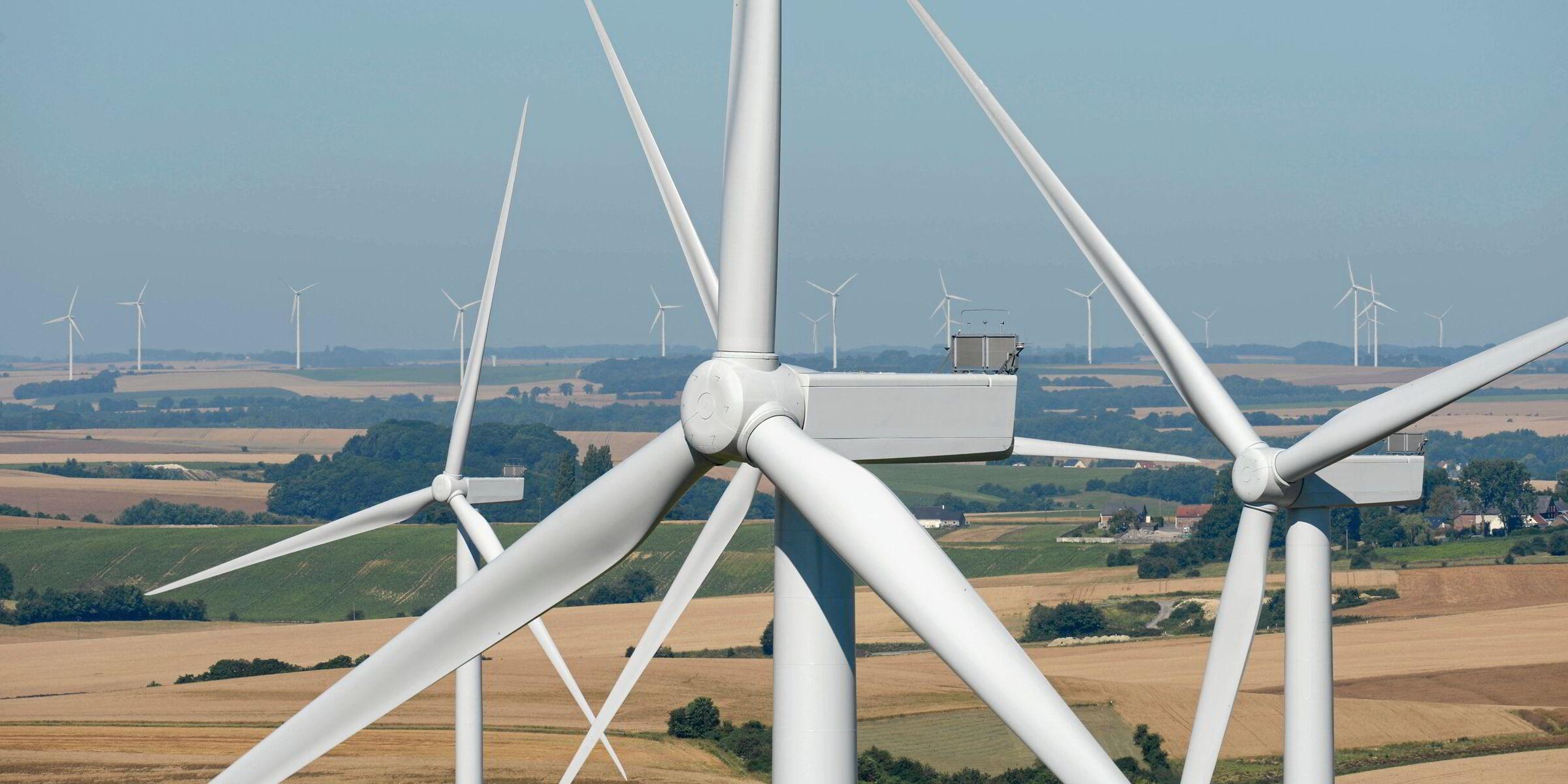

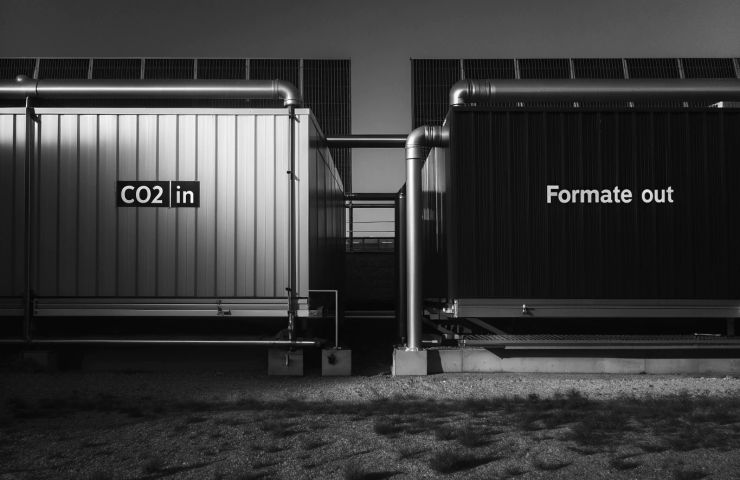








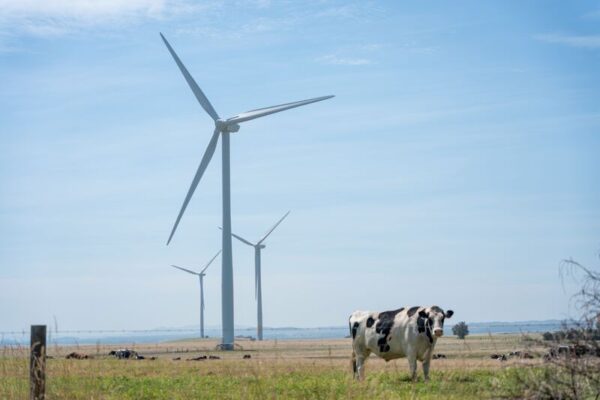



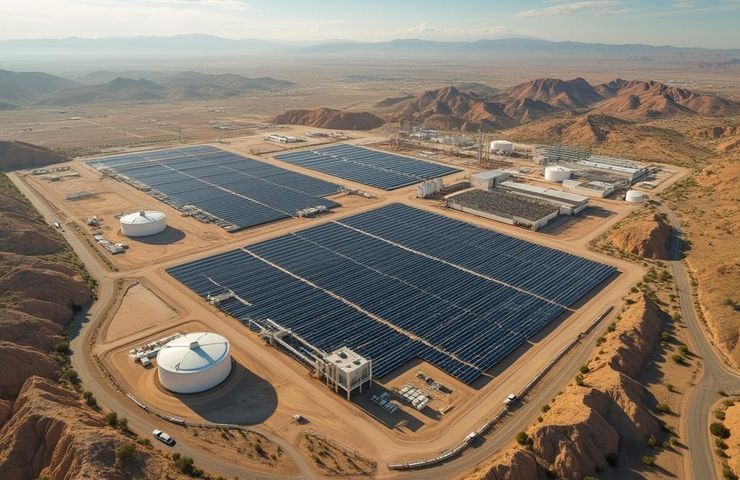





















![[Webinar On Demand] Tackling €25 Billion in Wake Losses with WindESCo Swarm](https://www.windesco.com/hubfs/Thumbnail.png)





